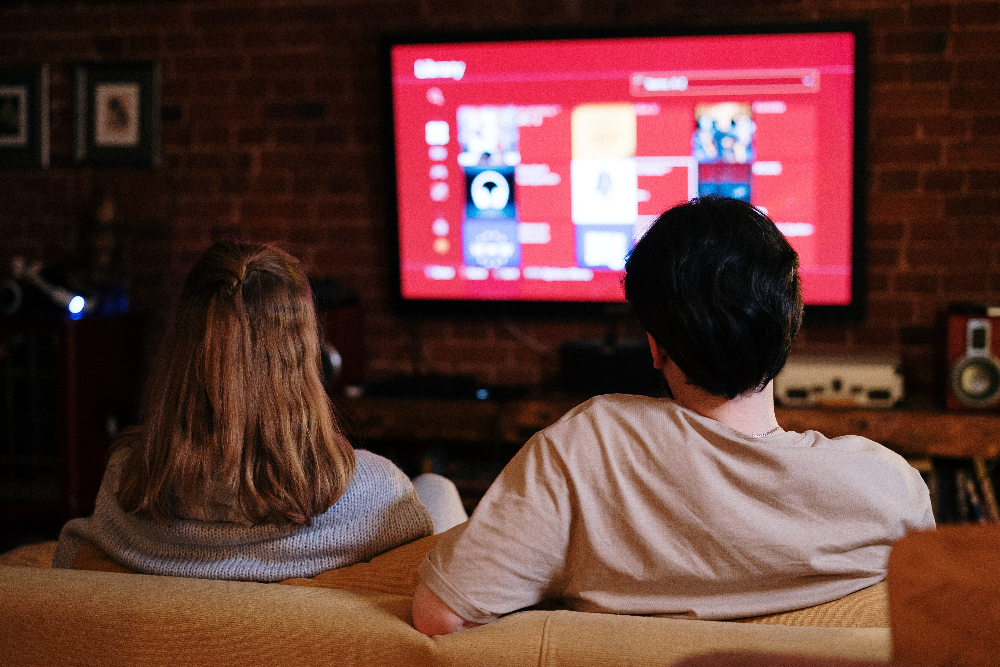OCD can develop from excessive screen time, new research shows.
In today’s world, it is not at all uncommon for individuals to spend the majority of time on a computer screen – whether at work, school or at home. Each hour of using the screen, however, might be increasing the risk of developing obsessive-compulsive disorder (OCD) down the road, according to a new study published in the Journal of Adolescent Health.
Screen time, be it playing games, watching television and movies or texting friends, can be particularly detrimental to children and teens. When screen time increased during the COVID-19 pandemic, research showed that this increase was closely associated with a spike in anxiety and depression. Children, preteens and adolescents are most affected because they tend to have the most exposure to screen time of all age groups and their brains are still developing.
The recent journal study, conducted among individuals ages 9-10 (the “critical time period in the development of OCD”) found a strong link between time spent in front of a screen and the onset of the disorder. According to the team, around half a million adolescents in the United States suffer from obsessive-compulsive disorder, which, according to NHS, is “a common mental health condition where a person has obsessive thoughts and compulsive behaviors.” OCD can be mild or severe and, in severe cases, the individual impacted can be incredibly self-limiting due to the time spent on rituals.
Nagata et al. found that “each additional hour while playing games” increases the risk of development of “OCD by 15%,” and this percentage stands at 11% for watching videos.

Jason Nagata says that children who play video games excessively feel the need to keep playing more and are unable to stop even if they try. Same goes for watching content on YouTube, where the algorithm keeps suggesting similar content that keeps them engaged. This can also develop into an obsession when the threat is overestimated due to excessive content regarding that topic. In other words, it can become extremely difficult for a user to disengage and this can directly affect other aspects of their lives.
Somehow increased risk of developing OCD was not associated with watching television shows or movies, and OCD was not linked with texting, video calls, or social media but this might be because individuals this age are not that much into these activities.
The authors suggest that limiting acces to videos or video gaming could mitigate the risks related to the development of obsessive-compulsive disorder. The limits and rules can stop youth from developing the disorder later on in life. Although screen time has become important due to education and socialization, awareness regarding related health issues should be spread to both parents and teachers.
The author Nagata says he aims to “understand how digital technology use impacts adolescent health” through this study, which will follow up with the participants for the next 10 years annually, assessing for any relevant mental health issues.
According to Mayo Clinic, the following six steps can be taken to reduce the screen time effectively: “Holding kids accountable; Being realistic with goal-setting; Engaging and giving complete attention to kids; Putting all hand-held devices away during screen free hours; Creating phone-free zones; and going outside to play.”
Sources:
Mayo Clinic, 6 tips to reduce children’s screen time
Screen Time and OCD among children 9-10 years Old: A prospective cohort study


Join the conversation!